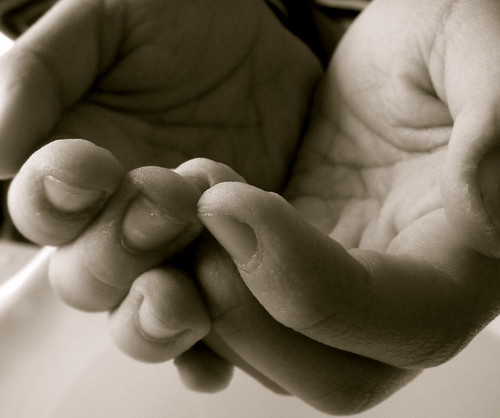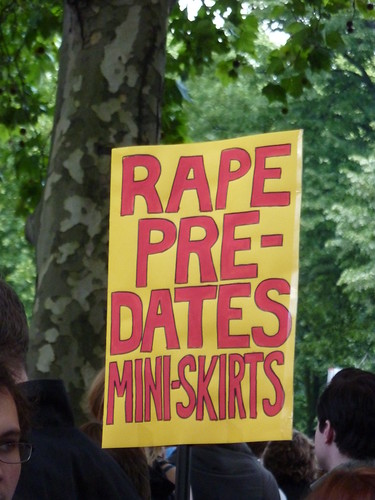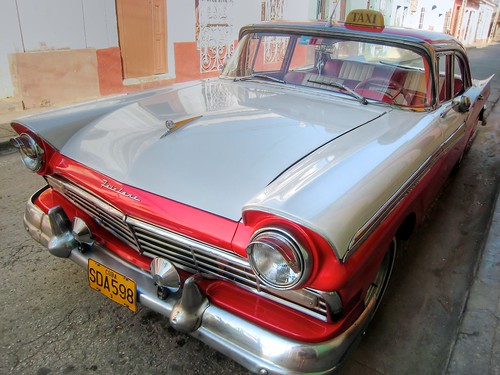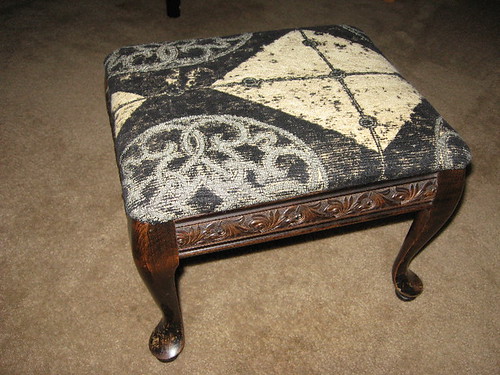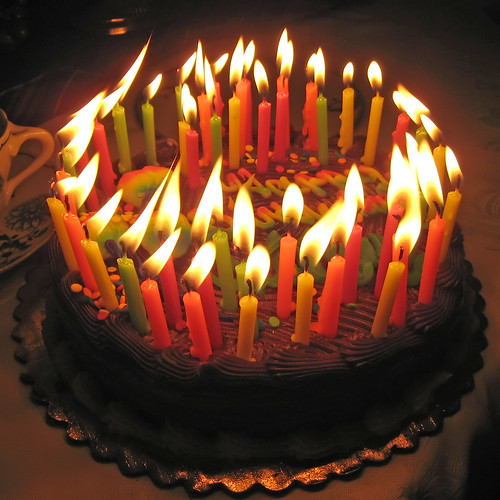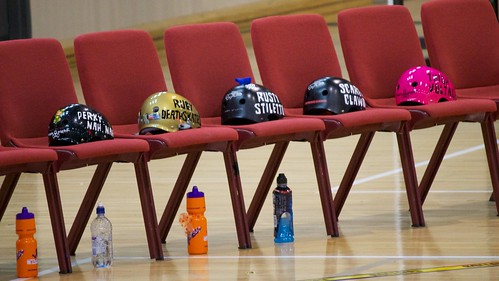 |
| Hammers are heavy. |
I have a very fulfilling life. All of the work that I do feels meaningful and important to me. When I am teaching my developmental writing students how to communicate their ideas clearly, I feel like I am making a difference in the world. When I write a post to contribute to the conversation about oppression, I feel like I am involved in an important movement. When I get in a Facebook argument about victim-blaming, I feel like I am taking up the good fight. When I am reading my daughter a story, I feel like I am building a wonderful relationship with her. When I read for my graduate class and come prepared to discuss literary themes, I feel like I'm building my skills in analysis. When I talk to my husband about bad television shows, I feel like I am connected and engaged with him. My life is good.
But I am tired.
Maybe this has just been a rough week. In two separate incidents, I've felt completely drained. In what turned into an hours-long Facebook debate over whether or not women should be told to carry guns to prevent rape, I felt exhausted. In the comments of a post by a self-identified feminist defending that tweet by The Onion, I felt exhausted.
In the midst of the discussion about how today's feminism is largely taking place online, I am happy to be a part of these conversations. This is work I want to be doing. I have met so many wonderful people and started building a community that grows and sustains me. These arguments, these discussions, they matter to me. Deeply.
But I am still tired.
In addition to telling people that women are not possessions like cars and that my self is more than my body, in addition to arguing that race and intersectionality matters and finally understanding why so many women of color have felt shut out from the feminist movement (sorry it took me so long!), I still had to live my life this week. I still had to grade papers and do dishes and plan classes and make two thousand trips with a toddler to the potty and feed the dog and sweep the floor and read for class and cook food.
And I am tired.
Reading some posts about activist burnout, I can pretty easily put a cause to this exhaustion. Caring about the things I care about is not a hobby; it is a worldview. Once you see, you cannot unsee. But the negative is easier to find and focus on than the positive, and sometimes the contributions that I make to the world around me feel not just like trying to empty the ocean with a bucket, but trying to do it with my bare hands--the results leaking out and seeping back before I even reach the end of a single trip.
So I know that I need to refocus. I know that I need to recharge. I know that I need to find some perspective. And I know that a lot of you face these same challenges, and I want to know how you do it.
How do you avoid burnout (of any kind)? If you consider yourself an activist, how do you avoid activist burnout? What can those of us who are taking part in the online activist community do to make sure we take time to see the positive as well as the negative?
Photo: amy palko

